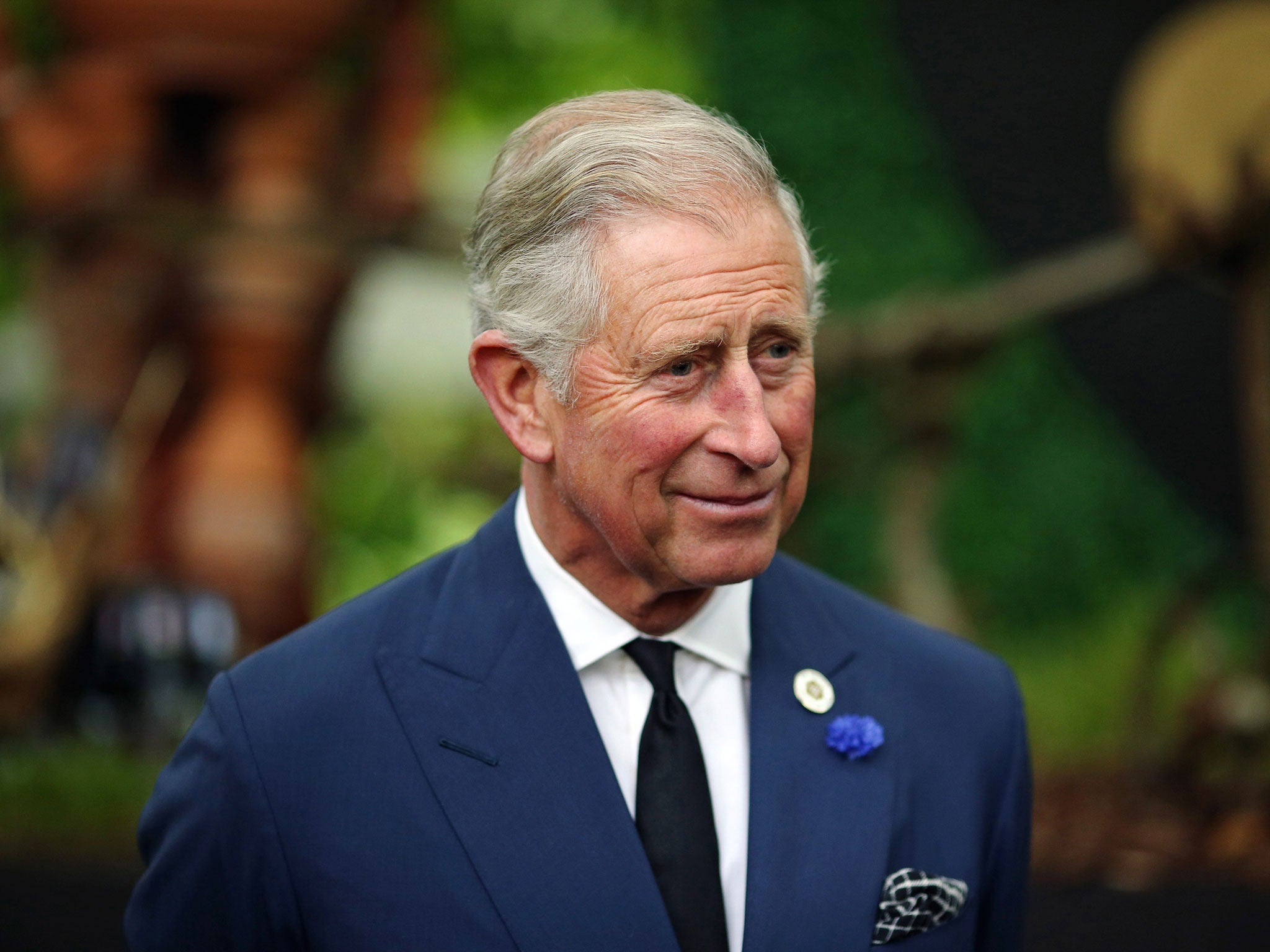Prince Charles’s £19m-a-year Duchy of Cornwall estate should face tax scrutiny, MPs say

Prince Charles’s burgeoning estate of land, properties and businesses, which generate £19m of personal income each year, should be investigated for tax purposes, an influential committee of MPs has claimed.
The Treasury has been urged to look at whether the Duchy of Cornwall has an “unfair advantage” over commercial rivals, because its royal status gives it exemption from corporation tax and capital gains tax.
In a far-reaching report on the Duchy of Cornwall’s accounts, the House of Commons Public Accounts Committee (PAC) called for the Prince’s income tax arrangements to be opened up to scrutiny to improve transparency.
In the past financial year, the Duchy of Cornwall generated £28.8m and the Prince received an income of £19m, up 4 per cent on the year before. The money is partly used to fund his official duties and the Prince voluntarily pays income tax on the cash left after costs, about £9.2m last year.
“The combined total of income tax and VAT paid by the Prince of Wales was £4.4m,” the report said. “This amount was not broken down into its two elements and so it is not [clear] precisely how much, and what rate of, income tax is paid by the Prince of Wales (though we acknowledge the duchy having told us that the vast majority of the £4.4m is income tax).”
Labour’s Margaret Hodge, who chairs the committee, said: “The Treasury does not do enough to properly scrutinise the duchy’s finances. It relies on the duchy to provide it with accurate information without carrying out its own independent checks.
“The duchy enjoys an exemption from paying tax even though it engages in a range of commercial activities. This tax exemption may give it an unfair advantage over its competitors who do pay corporation and capital gains tax.”
As well as accusing the Treasury of failing properly to scrutinise the duchy’s finances, MPs called for the duchy’s centuries-old charter, which gives its tax-exempt status, to be reformed, claiming it has not kept pace with constitutional change because it can only be passed to a male heir.
Prince Charles’s wealth is mostly derived from the duchy, which was established by charter in 1337 when Edward III made his son Duke of Cornwall. Its main function is to provide the heir to the throne with an income independent of the sovereign.
Join our commenting forum
Join thought-provoking conversations, follow other Independent readers and see their replies
Comments